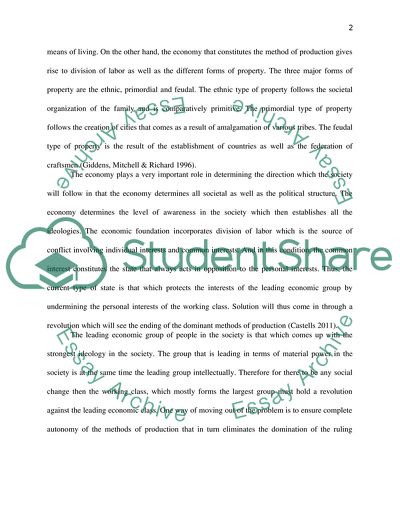Cite this document
(“Why do sociologists place so much importance on economic crisis for Essay”, n.d.)
Why do sociologists place so much importance on economic crisis for Essay. Retrieved from https://studentshare.org/sociology/1662610-why-do-sociologists-place-so-much-importance-on-economic-crisis-for-social-change-in-contemporary-society
Why do sociologists place so much importance on economic crisis for Essay. Retrieved from https://studentshare.org/sociology/1662610-why-do-sociologists-place-so-much-importance-on-economic-crisis-for-social-change-in-contemporary-society
(Why Do Sociologists Place so Much Importance on Economic Crisis for Essay)
Why Do Sociologists Place so Much Importance on Economic Crisis for Essay. https://studentshare.org/sociology/1662610-why-do-sociologists-place-so-much-importance-on-economic-crisis-for-social-change-in-contemporary-society.
Why Do Sociologists Place so Much Importance on Economic Crisis for Essay. https://studentshare.org/sociology/1662610-why-do-sociologists-place-so-much-importance-on-economic-crisis-for-social-change-in-contemporary-society.
“Why Do Sociologists Place so Much Importance on Economic Crisis for Essay”, n.d. https://studentshare.org/sociology/1662610-why-do-sociologists-place-so-much-importance-on-economic-crisis-for-social-change-in-contemporary-society.


